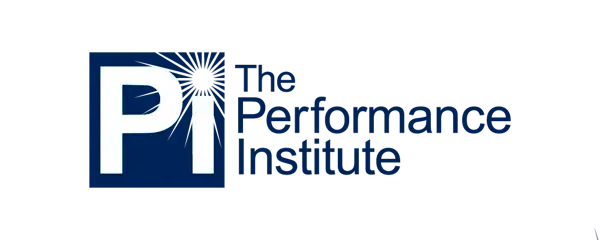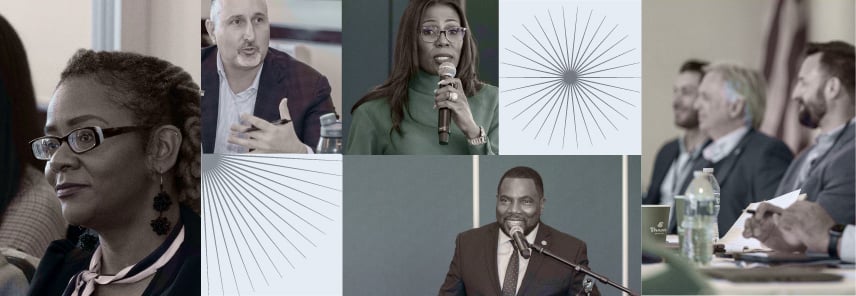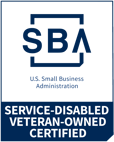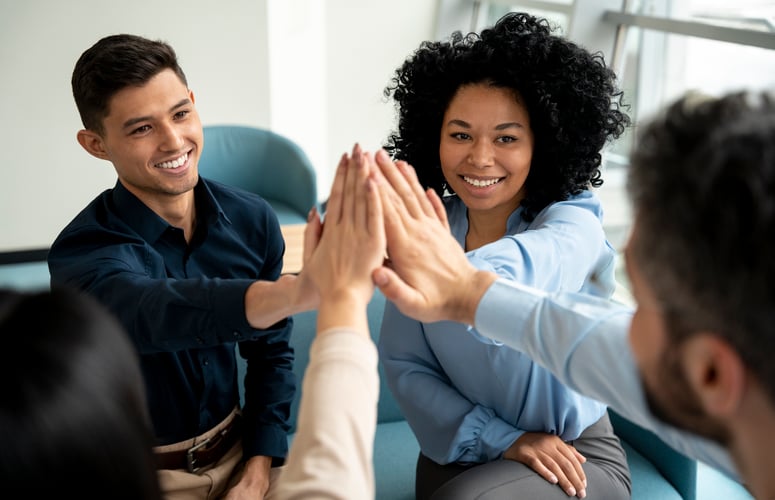This blog is based on Episode 15 of our GovEd Talks Video series: Get Along Better with Anyone, Anytime, anywhere by Arnold Sanow, President, Sanow Professional Development LLC.
Introduction: Embracing Diversity in Relationships
In our interactions with others, we often encounter individuals who may be challenging or difficult to get along with. However, it's essential to consider another perspective: are we, perhaps, contributing to the friction in these relationships? Rather than labeling people as inherently difficult, it's crucial to recognize that they may simply be different from us. This realization forms the basis for fostering better relationships, whether in virtual or in-person settings.
Recognizing Individual Differences: A Shift in Perspective
To foster better connections, it's essential to prioritize understanding others before seeking to be understood. This involves communicating in a way that resonates with their values and priorities, even if they differ from our own. By embracing diverse backgrounds and perspectives, we can cultivate empathy and build stronger relationships based on mutual respect.
Tools for Success: Tips for Getting Along Anywhere, Anytime
Several strategies can help facilitate smoother interactions and promote harmony in relationships. One key approach is to embrace the uniqueness of each individual and appreciate the value they bring to the table. Cultivating likability through genuine connection and rapport can also go a long way in fostering positive relationships. Additionally, building trust through consistent communication and reliability is essential for sustaining long-term connections.
Real-Life Examples: The Impact of Likability in Various Contexts
In various contexts, likability plays a significant role in shaping interpersonal dynamics and outcomes. In the workplace, leaders who prioritize building positive relationships often see higher levels of team cohesion and productivity. Similarly, in customer relations, likability can influence satisfaction and loyalty, driving repeat business and referrals. Even in hiring practices, candidates who demonstrate likability are often favored for their ability to collaborate effectively and contribute to a positive work environment.
Insights from Research: The Science Behind Getting Along
Research in fields such as emotional intelligence and communication sheds light on the factors that contribute to successful relationships. Studies have shown that interpersonal skills and likability play a more significant role in success than technical expertise alone. By understanding the science behind human interactions, individuals can learn to navigate relationships with greater ease and effectiveness.
Conclusion: Navigating Relationships with Grace and Understanding
In today's diverse and interconnected world, the ability to get along with others is more critical than ever. By embracing differences, prioritizing empathy, and cultivating trust, individuals can build stronger connections and foster a more harmonious society. Ultimately, mastering the art of getting along requires a willingness to listen, learn, and adapt to the needs of others, leading to more fulfilling and enriching relationships for all parties involved.
If you're interested in learning more about employee engagement, consider enrolling in our upcoming course Facilitating Employee Engagement. Our course is designed to help managers and supervisors at all levels understand how to establish an environment that positively impacts employees’ ability to engage with their work. Employee engagement is one of the multiple aspects of building a workforce that is adaptive to strategic and operational change.














